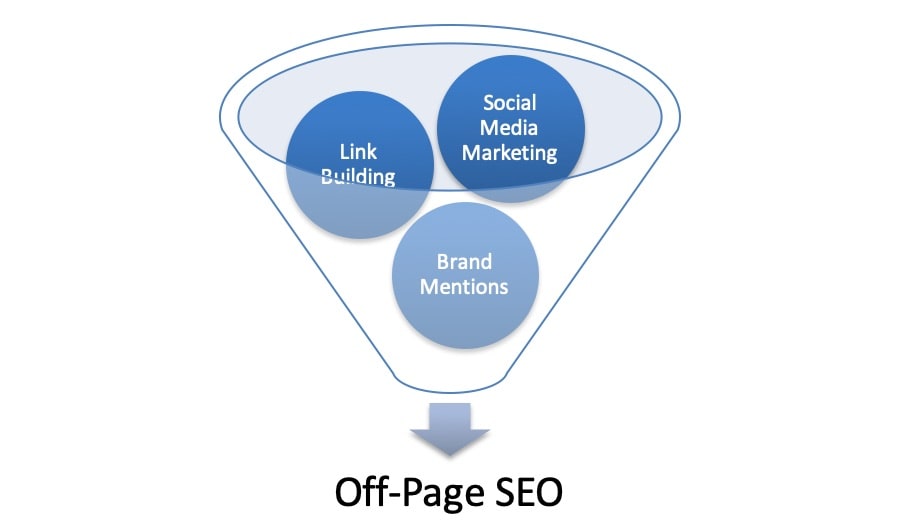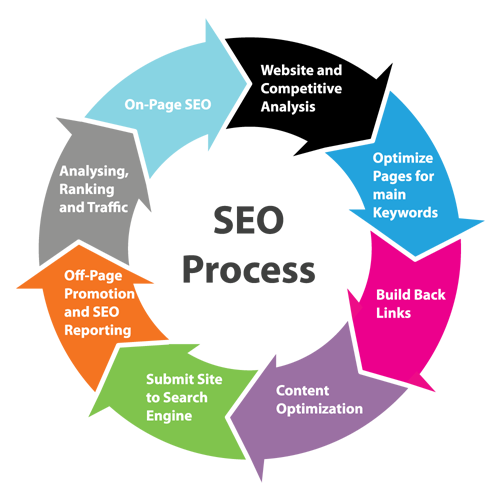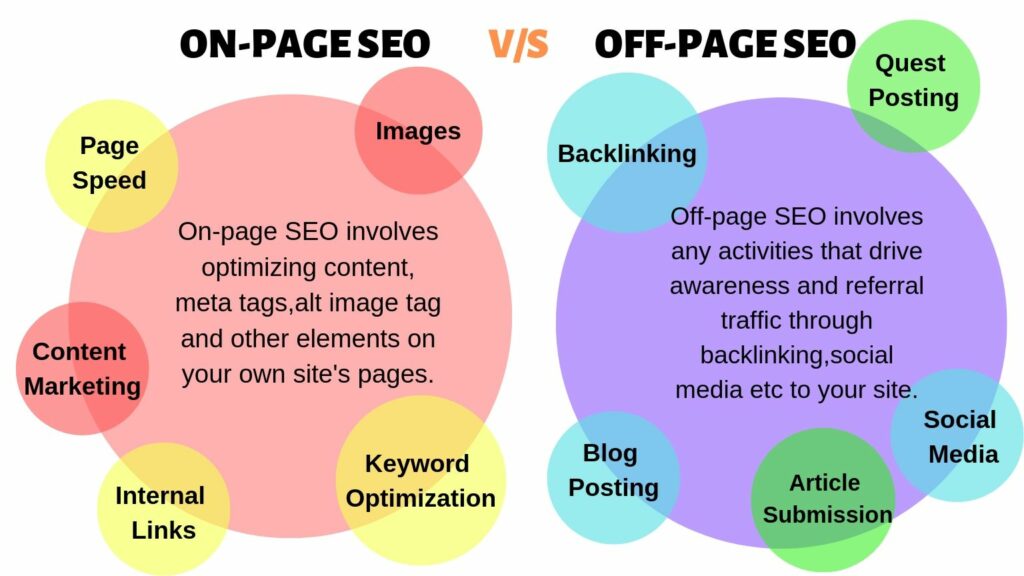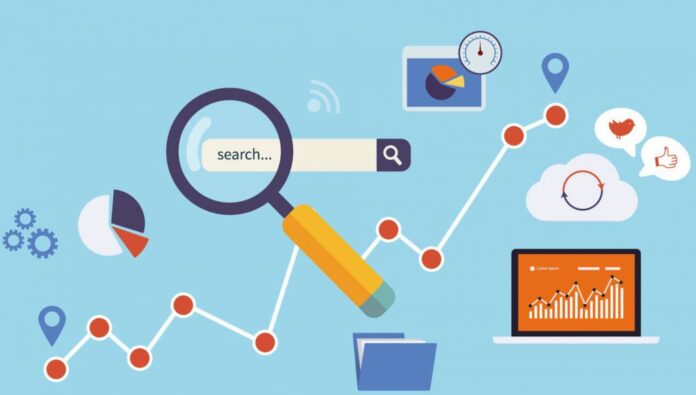Off page optimization points to all the measures that can be taken outside of the actual website to improve its search rankings. These are means that help create as many high-quality backlinks (incoming links) as possible.
Do you know about Off page Optimization? Off page Optimization refers to techniques you can use to improve a site position in the search engine results page (SERPs). Several people associate off page Optimization with link building, but it is not only that. There are many useful techniques for ranking of Off page SEO.
There are two types of search engine off page optimizations. One type is identified as on-page SEO, which refers to the type of SEO in which you look at your website’s content, what it is all about, and how you can improve it.
On the other hand, off page Optimization is looking at and improving the authority and the popularity of your website to become visible to the search engine. Now we want you to understand that we will tell you all about off page SEO and how you can improve it in this resource. You can quickly learn about the different tools and tips which will help you become a better optimizer.
Off page Search Engine Optimization
As we have already told you, Off-page optimization is the practice of improving the popularity and authority of the website.
Now, if you are not intimate with this kind of SEO, then don’t worry. We have assumed some tools that can help you optimize your content to the whole without any formalities and registrations! Follow these tips and tools for a better SEO future!

Why does off page SEO matter?
While search algorithms and ranking constituents are continually changing, the consensus within the SEO community is that the relevance, trustworthiness, and authority that effective off-page SEO affords a website still play a significant function in a page’s capacity to rank.
Links and off page Optimization
Building back links is at the backbone of off-page SEO. Search engines use backlinks as implications of the linked-to content’s quality, so many high-value back links will usually rank better than an otherwise similar site with some backlinks.
There are three main types of links, determined by how they were earned: manually built links, natural links, or self-created links.
- Manually built links are obtained through deliberate link-building activities. It includes things like getting customers to link to your website or asking influencers to share your content.
- Natural links are editorially given outwardly any action on the part of a page owner. For example, a food blogger combining a link to a post that points toward their favorite produce farms is a natural link.
- Self-created links are created by studies, adding a back link in an online directory, blog comment signature, or a press release, including optimized anchor text. Many self-created link building tactics tend toward black hat SEO and are lowered upon by search engines.
 Regardless of how links were concerned, those that offer the most significant contribution to SEO efforts generally pass the most equity. Many signals positively add to the equity passed, such as:
Regardless of how links were concerned, those that offer the most significant contribution to SEO efforts generally pass the most equity. Many signals positively add to the equity passed, such as:
- The linking site’s popularity
- The “freshness” of the link
- The integrity of the linking website
- The abundance of other links on the linking page
- The Authority of the linking domain
- Linking Website’s topic is to the site being linked to
1. Create Quality Content:
A site is like a dead body without quality content, and this is why you have to concentrate on both types of SEO! It would help if you understood that in off-page optimization, you have to focus on link building and connections with other websites and webpages to grab maximum traffic to your platform.
Now for link building with quality and high authority sites, you have to ensure that you have quality content on your site; there is no way that any additional site would like to link with you. Use some of these tools to get help in this opinion:
- Google trend is an essential online support that can be used by all of us as it is a free and user-friendly tool. You know that this tool can tell you about the ongoing trends relative to various niches and the topics or queries being searched the most by the people surfing the web!
- The critical secondary tools, in this opinion, are the keyword finder and rank checker tools. These will help you get relative keywords for your website so that you can target a specific audience. You should know that stuffing your content with over keywords can also result in a bad SEO score, so make sure you are using them in the right ratio!
- The third most important tool that you need to improve your content’s quality is the image finder tools available on the web. You should know that users on the web are interested in images more than they are in textual content so having both on your site is a big plus for impressing the search engine and other sites.
- Plagiarism checkers are an essential part of on as well as off-page SEO. The primary quality of the content depends on it being unique. If your content is not unique, then there is no way that another site would link to your content. There are many online plagiarism checkers out there, but not all of these similarity checkers are reliable.
2. Make Backlinks Via Online Tools
Now you should know that after ensuring the quality of your website’s quality, you can opt for different ways to make links or add backlinks to your website. We will tell you about the resource that you can use if you want to make a quality backlink because you should know that conventional link building is effort demanding, time-consuming, and is a significant expense on your workplace.
You can easily use the backlink maker tool by smallseotools, just like the plagiarism checker as this online tool is also a free one and is easy to use. You can get quality links to websites of good quality and high authority with this online tool. You have to enter your domain address in the tool and hit ‘make back links.’ You will get dozens of links along with their metrics within less than a few seconds with this backlink making resource, and this is a big plus in off-page optimization!
On-page SEO VS off-page SEO
On-page SEO is something you have comprehensive and utter control over, whereas that’s not constantly the case for off-page SEO.

For example, if I reach out and ask someone to link to me, that’s off-page SEO. Why? Because I didn’t change anything about my website during that process. Conversely, if you update my page speed by optimizing some images, then that’s on-page SEO because I made that change directly on my website.


